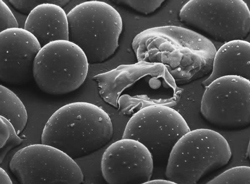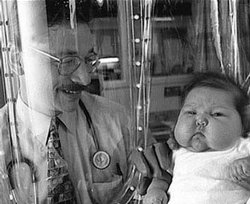SCIENCE EDITOR,
STAFF WRITER
Scientific Discovery Proves That We Have Much to Learn
Recently, astronomers have reported the discovery of some of the biggest black holes found in the universe. One of these gargantuan behemoths, NGC 4889, observed from the Hubble Space Telescope, has a mass of about 21 million times more than that of our sun and is distanced at an incredible 336 million light-years (about two million trillion miles) away, according to the New York Times. The results of their work can shed some major light on black holes and their formation, no pun intended.
Dr. Michael Palladino Invited on Distinguished Visitor Tour
Every few days, the Navy holds a series of distinguished visitor tours (DV) as a “high-tech show-and-tell” that invites audiences to see a snapshot of the military that they would not normally experience.
New Inductee of Sigma Xi, Scientific Research Society
Dharm Patel came from Colonia High School in Colonia, NJ to the University as a Monmouth Medical Scholar in the combined 8 year B.S./M.D. program with Drexel University School of Medicine. In the summer of his sophomore year, he began research with Dean Michael Palladino of the School of Science by participating in the MU School of Science’s Summer Research Program (SRP) in 2009.
Planet Earth yet again established a new threshold for its global populace with the addition of the seven billionth human being on October 31. With the forthcoming of this new addendum, a question must be asked. Are our socioeconomic and natural resources truly capable of sustaining yet another billion people, when, according to the Population Reference Bureau (PRB), more than half the world lives on less than two dollars a day?
According the New England Journal of Medicine (NEJM), malaria affects 225 million people across the globe every year, killing over 781,000 people, mainly African children. Even though the morbidity rate of malaria has been reduced due to scale ups in malaria-control-interventions in recent years, the danger malaria poses to public health remains at the forefront of concerns throughout the globe.
Has Einstein’s Theory of Special Relativity actually been refuted? Just last week, an international collaboration of physicists at the European Organization for Nuclear Research, CERN, dared to find out.
A clinical research trial on three patients at the University of Pennsylvania has yielded what appears to be one of the greatest advances in cancer research in decades.
At the start of 21st century, gene therapy was introduced as the new way to treat immune system deficiency. During this time, heads turned among the scientific population as gene therapy was marketed as a cure for hereditary diseases.








